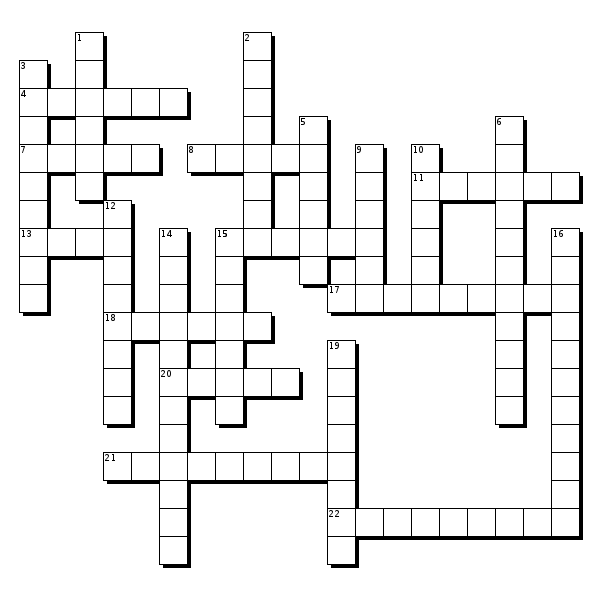For me, the borderline between a puzzle and a (trivia) question/quiz is whether or not somebody has either
- to combine facts (in a non-obvious way) to arrive at the solution
or to
- have make some sort of 'progress' through the whole thing. (i.e. knowing fact 1 allows you to understand and deduce to fact 2 etc.)
The second is a bit more "cross-word" style like - which, after all, is also just putting "facts" together. Still one solves it - one does not only know it.
Personally, to answer your actual question, I think trivia questions should not be on topic, but it is not always clear cut case to which category a posting belongs.
I agree with the comment of Josh Caswell that your first example, for me, is a puzzle. The others aren't really.
In general, I would start by rigorously down voting trivia-questions. Only if this is not enough to deter massive amounts of such questions should we go to the next level and vote-to-close.

